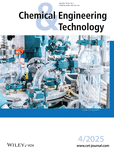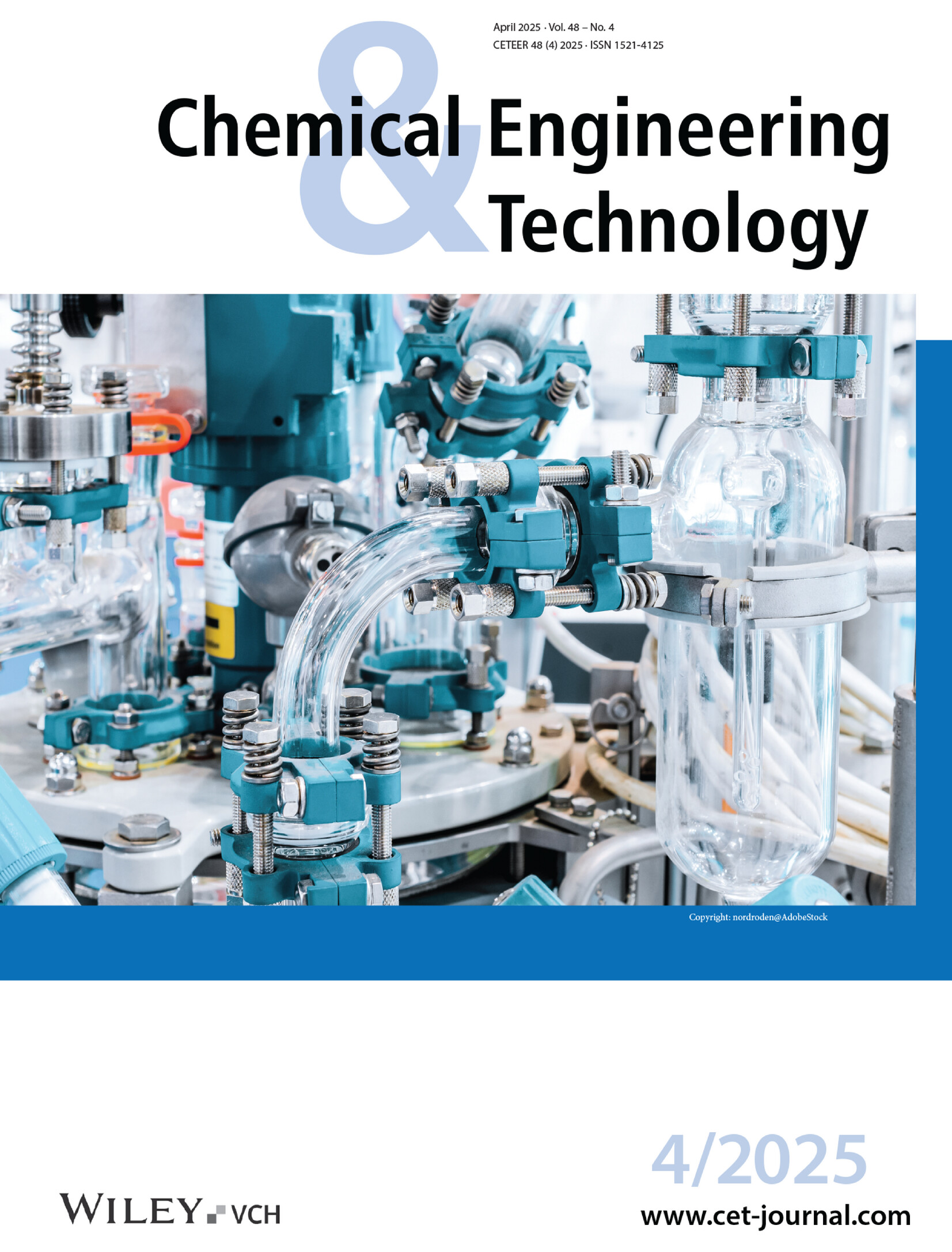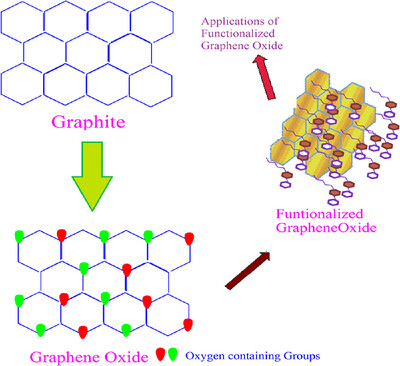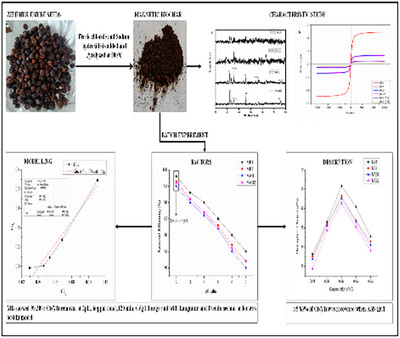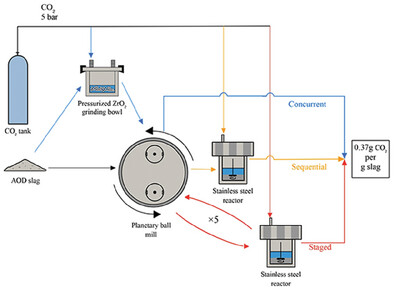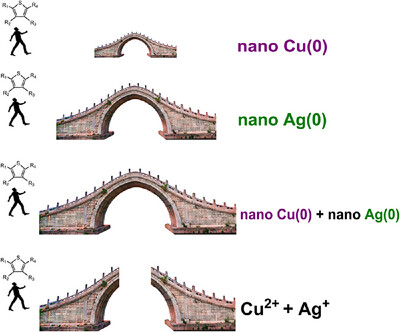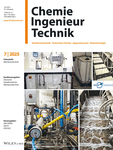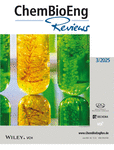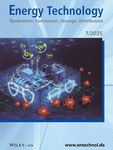Journal list menu
Export Citations
Download PDFs
Cover Image
Issue Information
Review Article
Synthesis of Graphene Oxide and Impact of Its Functionalization in the Wastewater Treatment
- First Published: 31 March 2025
WO3 Gasochromic Materials for Hydrogen Leakage Detection: Synthesis, Properties, and Applications
- First Published: 18 March 2025
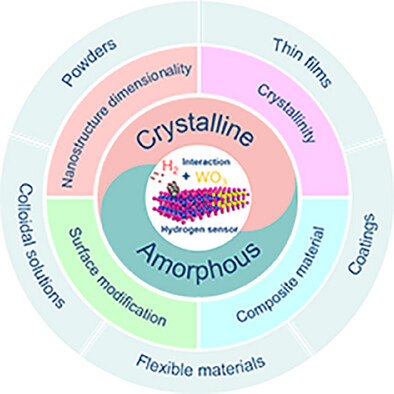
A comprehensive review of tungsten trioxide (WO3) gasochromic hydrogen sensors is presented, covering various forms such as powders, thin films, coatings, flexible materials, and colloids. Compared to traditional electronic sensors, WO3-based gasochromic sensors operate without an external power supply, making them more suitable for intrinsic safety applications.
Research Article
Techno-Economic Analysis of a Direct Ammonia Solid Oxide Fuel Cell–Integrated System for Marine Vessels
- First Published: 25 March 2025
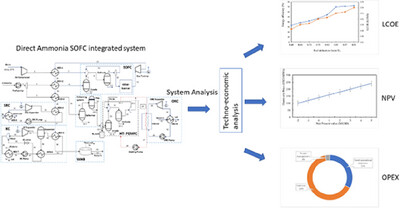
This paper presents a thorough techno-economic analysis of a direct ammonia SOFC-integrated system. The levelized cost of electricity (LCOE) spans from 0.482 to 0.554 $ (kW h)−1, showing a variation of approximately 6.2 % from the average LCOE. For unsubsidized and subsidized utility costs, the discounted payback period is calculated to be between 6.7 and 9.5 years, respectively.
Study of Vapor–Liquid–Liquid Equilibrium Changes of Quaternary Mixtures: Theory and Practice
- First Published: 19 March 2025
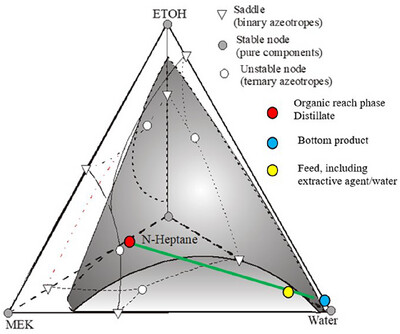
The separation of non-ideal mixtures can be presented and understood if a graphical presentation in a spatial tetrahedron is available. The features of the singular points can be determined with the help of the six rules presented here. The extractive heterogeneous azeotropic distillation can be efficiently used for their separation.
CO2 Conversion to Higher Hydrocarbons on Iron-Based Catalysts: Promoter Impact and Kinetic Studies
- First Published: 18 March 2025
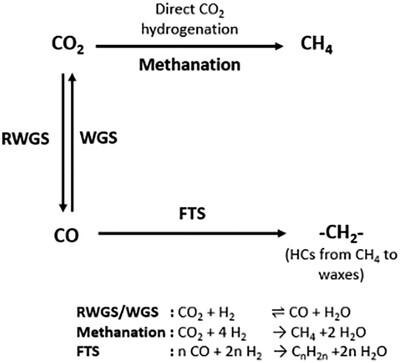
In the conversion of carbon dioxide (CO₂) into higher-value hydrocarbons, iron-based catalysts exhibit promising properties with regard to activity and selectivity. FeCuZnK demonstrated the most favorable results when the CO₂/CO feed gas ratio, temperature, and CO₂ conversion were varied, achieving the highest CO2 conversions and yields of higher hydrocarbons. Using a kinetic model, the experimental results of FeCuZnK could also be reproduced with a high degree of accuracy.
Experimental Study on Breaking and Separating Cocoa Beans
- First Published: 28 March 2025
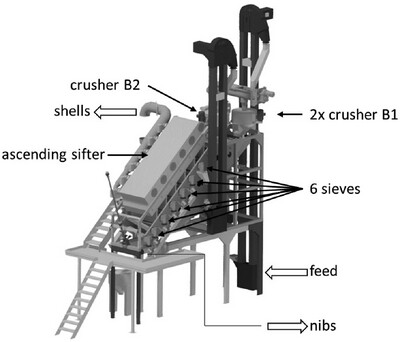
The crushing and cleaning machine W4000 is compared with the impact crusher, screening machine, zig-zag sifter and separating table for the basic operations of crushing, screening and sifting in order to deshell cocoa beans. The decisive factor for the success of the systems is the proportion of shells in the product stream and the proportion of nibs in the shell stream.
Impact of Ring-Closed Ratio on Properties of Benzoxazine via Solvent-Free Continuous Flow Synthesis
- First Published: 18 March 2025
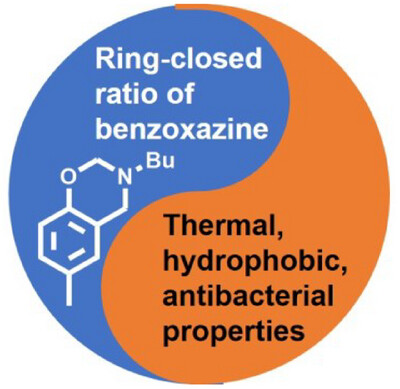
A solvent-free continuous flow synthesis for benzoxazine (Bz) monomer MP-b achieved high conversion, yield, and ring-closed ratio (RCR) while drastically reducing reaction time. Effects of RCR on the thermal, hydrophobic, and antibacterial properties of Bz were fully investigated, providing key insights for optimizing PBz applications.
Green Highly Porous Bio-Zr-MOF/Fabric Composites for Organophosphonates Detoxification
- First Published: 19 March 2025
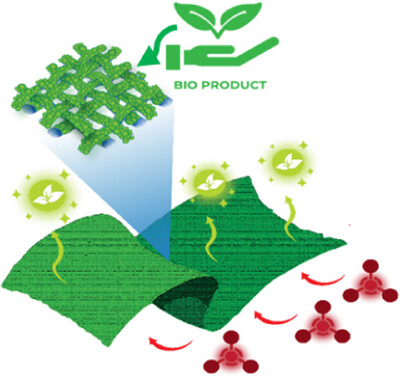
Discover a sustainable solution for tackling toxic organophosphates. Using bio-based linkers and water as a solvent, we synthesize eco-friendly Zr-fumarate and MIP-202 composites on fabric, achieving enhanced degradation rates. These composites outperform traditional MOFs like UiO-66-NH2, rapidly breaking down harmful chemicals, with applications in filtration, protective gear, and catalysis.
Adsorption Study on Hexavalent Chromium Removal Using Magnetic Biochar from Ziziphus jujube Seed
- First Published: 18 March 2025
Mechanochemical Activation of Argon Oxygen Decarburization Slags for Improved Mineral Carbonation
- First Published: 28 February 2025
Energy-Efficient Styrene Production by Incorporating Ionic Liquid-Based Separation Technology
- First Published: 30 March 2025
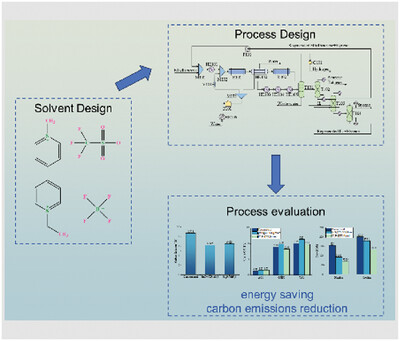
This study investigates the use of ionic liquids in the separation process. Two ILs were identified as optimal for this application, which was achieved through the solution of a formulated MINLP problem based on CAILD. Overall, the significant energy and environmental benefits of IL-based processes highlight their potential in styrene production.
Synergy between Copper and Silver Nanoparticles for the Removal of Thiophenic Compounds in Fuel Oil
- First Published: 31 March 2025




